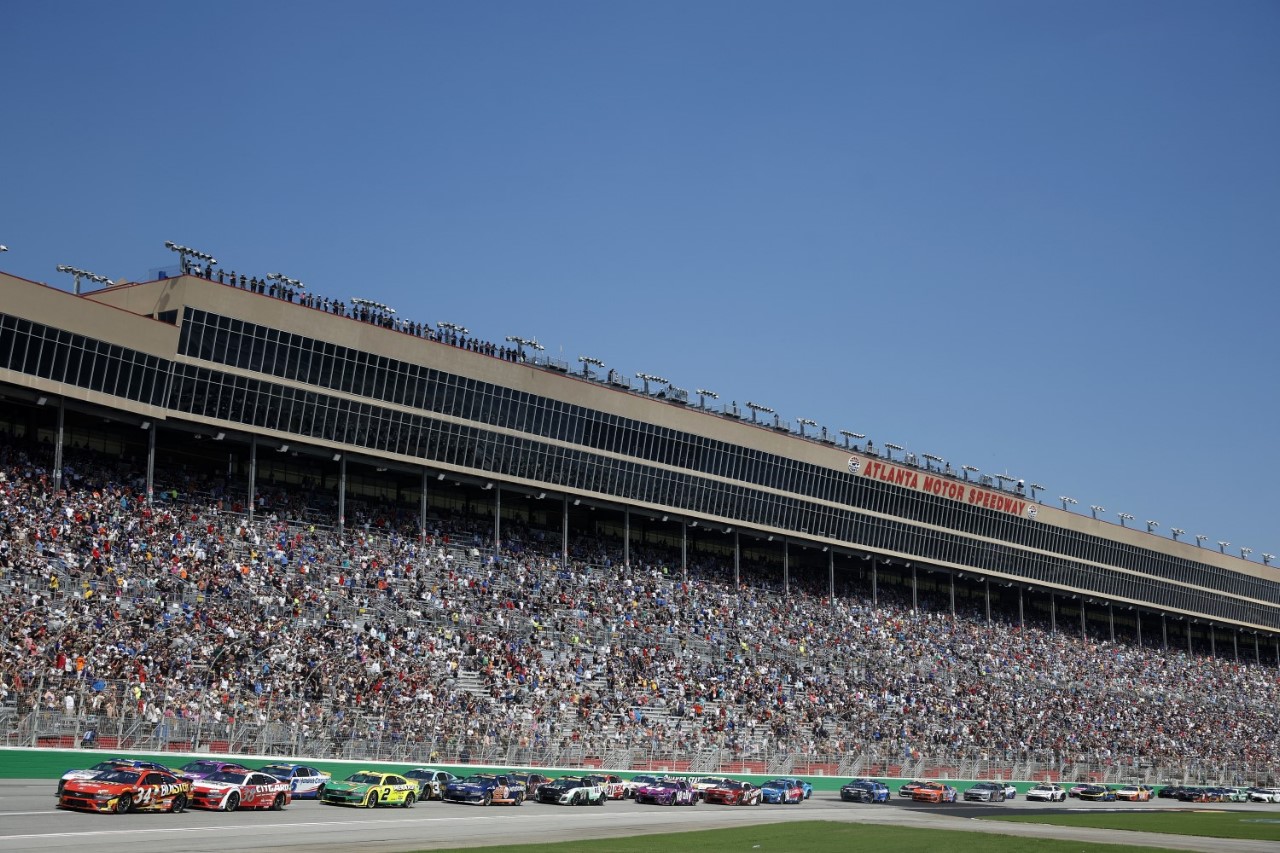Are there key stats that predict NASCAR race winners for bettors?
As sports betting evolves, so does our approach to understanding the games we love. Data analysis has become the secret weapon of savvy bettors, transforming hunches into calculated risks. This shift isn’t limited to traditional sports either.
Online betting has truly opened up exciting new avenues, from NASCAR to the latest trends like the aviator betting game that’s taking the digital gambling world by storm. The aviator game adds a thrilling new dimension to online betting, combining the excitement of a rapidly climbing multiplier with the nerve-wracking decision of when to cash out. It’s a game of split-second choices and rising tension, where fortunes can change in the blink of an eye. The simplicity of its premise belies the depth of strategy involved, as players must balance caution with each passing moment.
While we can’t predict every twist and turn of a NASCAR race or the exact trajectory of the aviator’s flight, we can certainly tilt the odds in our favor. By looking into historical data, we uncover patterns and correlations that might escape the casual observer. It’s like having a roadmap to potential success, albeit one with a few unexpected detours.
These insights aren’t just valuable for bettors they’re gold dust for fans looking to deepen their understanding of the sport. So buckle up as we take a deep dive into the world of NASCAR statistics and uncover the hidden predictors of victory.
Related Article: Betting on Motorsports: A beginner’s guide to motorsport betting
Driver Experience and Track History
A driver’s tenure in NASCAR correlates strongly with their performance. Seasoned veterans often demonstrate superior race craft, better tire management, and more effective strategic decision-making. These skills, honed over countless laps, can make the difference between victory and defeat.
However, it’s not just overall experience that matters. Track-specific experience plays a crucial role in predicting success. Each circuit has its unique quirks and challenges, and drivers who’ve mastered these nuances often have a distinct advantage. When analyzing potential winners, pay close attention to a driver’s historical performance at the specific track in question.
The importance of track-specific experience becomes even more pronounced when we consider venues with unique characteristics. Road courses and superspeedways, for instance, require specialized skills that some drivers excel at while others struggle. A driver’s past performance on these distinctive tracks can be a powerful predictor of future success.
The Power of Starting Position
Your starting position can be a powerful predictor of success. Consider this striking statistic: pole-sitters win approximately 20% of NASCAR races. That’s a significant advantage right out of the gate, and it’s a number we can’t afford to ignore when analyzing potential race outcomes.
The importance of qualifying position extends beyond just the pole-sitter. There’s a strong correlation between starting position and finishing position, particularly for the top spots. Drivers who start in the top 5 have a markedly higher probability of finishing in the winner’s circle. It’s not just about having a clear track ahead it’s also about avoiding the chaos that often unfolds in the middle of the pack.
However, it’s crucial to note that the predictive power of starting position diminishes as we move further down the grid. Beyond the top 10-15 spots, the correlation becomes much weaker. This is where other factors start to play a more significant role in determining the race outcome for bettors.
But don’t write off a driver just because they’ve had a poor qualifying session. There are several factors that can offset a subpar starting position. Clever pit strategy, for instance, can vault a driver from the back of the pack to the front. In-race adjustments can transform a struggling car into a contender. And let’s not forget the impact of caution flags, which can bunch up the field and negate the advantage of starting position.
Team Performance and Technical Factors
Multi-car teams often have a significant advantage, and the statistics bear this out. These teams can share data, test different strategies, and increase their chances of victory. When analyzing potential winners, consider the strength of the team as a whole, not just the individual driver.
Team resources and technology play a pivotal role in race performance. Well-funded teams can afford cutting-edge equipment, advanced simulations, and extensive testing programs. This technological edge often translates into faster cars and better in-race adjustments, giving their drivers a competitive advantage.
Don’t underestimate the importance of pit crew efficiency. A few seconds gained or lost during a pit stop can dramatically alter race outcomes. When evaluating a team’s potential for success, factor in the performance of their pit crew, something bettors should not overlook.
Practice and qualifying speeds provide valuable insights into a car’s raw performance. However, they’re not always reliable predictors of race day success. A car that’s quick in qualifying might struggle with tire wear over long runs, while a slower qualifier might have the perfect race setup.
Keep The Thrill Alive
Starting position, driver experience, track-specific performance, team strength, and technical factors all play crucial roles in shaping race outcomes. However, it’s essential to remember that no single factor can guarantee success for bettors.
When handicapping NASCAR races, we must consider this complex interplay of variables. A comprehensive betting strategy should weigh all these elements, balancing historical data with current form and technical analysis with the human factor.
In the end, successful NASCAR betting is about finding the sweet spot between rigorous data analysis and appreciating the unpredictable nature of racing. It’s in this balance that we find not just potential profit, but also the true excitement of the sport. After all, isn’t it the combination of informed prediction and edge-of-your-seat uncertainty that makes NASCAR so captivating?
